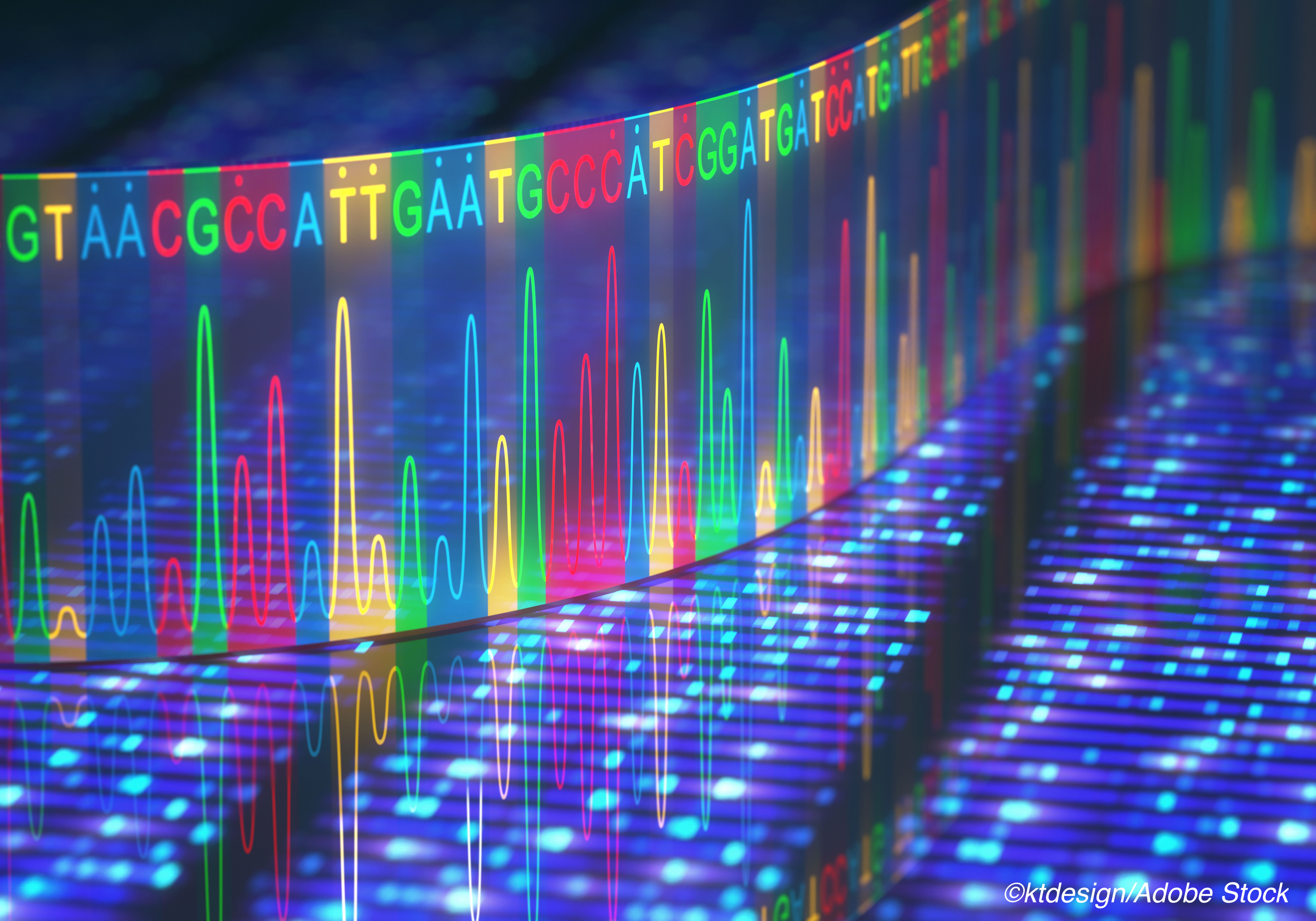Nearly 20% of patients who died of unexplained sudden cardiac death (SCD) carried pathogenic or likely pathogenic (P/LP) variants of genes associated with inherited cardiomyopathies (CM) and arrhythmia, suggesting that genetics may have played a role in a significant number of deaths, researchers found.
What’s more, the clinically significant gene variants in these patients were primarily associated with hypertrophic CMs (HCMs), dilated CMs (DCMs), and long QT syndrome.
In the U.S., the annual estimated incidence of SCD ranges from 180,000 to 450,000 cases, explained researchers led by Aloke V. Finn, MD, of the CVPath Institute, Gaithersburg, Maryland, in JAMA Cardiology. Further, in Western countries, coronary heart disease is the most common cause of SCD—accounting for 50% to 75% of SCD—but in 30% to 40% of cases, the cause remains unknown.
“Two groups of familial diseases are responsible for SCD: cardiomyopathies (CMs) and arrhythmia syndromes. In the young (i.e., aged ˂40 years), arrhythmia syndromes are well-recognized causes of SCD in the absence of structural heart disease. Several hypertrophic and dilated CMs (HCM and DCM, respectively) gene variants have also been reported to increase risk of SCD; however, whether these variants can predict future SCD risk, especially in those without overt structural heart disease, remains controversial,” Finn and colleagues wrote.
“Our institute has been receiving SCD cases for diagnostic evaluation from the State of Maryland medical examiner for more than 20 years. Using this database, we conducted among the largest systematic genetic examinations of adult African American and White individuals in the U.S. who died suddenly and were referred for autopsy for suspected SCD but had normal cardiac pathologic findings,” they added. “Our goal was to understand the association between clinically significant variants for inherited CMs and arrhythmia syndromes and risk of unexplained SCD in adults living in the United States.”
In their genetic association study, Finn and colleagues included 413 African American and White adults who died of unexplained SCD (median age at death: 41 years; 62.7% men; 50.4% African American) but with normal cardiac autopsies from the autopsy registry. All had DNA amenable for genetic sequencing, which was conducted for 30 CM genes and 38 arrhythmia genes.
They identified 5,432 variants, of which 72 were classified as P/LP. In all, 18.4% of patients had 49 P/LP variants for both HCM and DCM and arrhythmia (Brugada syndrome, long QT syndrome, arrhythmogenic right ventricular CM, and catecholaminergic polymorphic ventricular tachycardia). Among these 76 patients, 12.6% (n=52) had 49 P/LP variants for CMs and 5.3% (n=22) had 23 P/LP variants for arrhythmias. Finally, 0.5% (n=2) carried variants for both.
In 10.9% of patients, researchers found 41 P/LP variants for HCM; in 2.7%, they identified 9 P/LP variants for DCM; and in 2.7%, they found 10 P/LP variants for long QT syndrome.
“One surprising finding was the large number of decedents with unexplained SCD carrying genetic variants for HCM (10.9%), which suggests an association of these genes with risk of SCD in the absence of structural heart disease. We found that 96% of P/LP variants in MYBPC3 and DSP were truncating variants, including nonsense and canonical splicing variants, which is consistent with previous reports describing the type of variants seen in these disorders,” they noted.
Clinical and heart characteristics were not significantly different between patients with P/LP variants and those without, and African American and White patients were found to be equally likely to harbor P/LP variants (15.4% vs 21.5%, respectively; P=0.14), but White patients had a significantly higher prevalence of CM variants (19.0% vs 10.6%; P=0.02). The most common P/LP CM gene variants were in MYBPC3 and MYH7 in both groups. There were no differences in P/LP variant carriers for arrhythmia genes between African American and White patients, but the most common P/LP variants were different. In African American patients, KCNQ1 and RYR2 were most common, and in White patients, KCNH2 and DSP were most common.
“This study is among the largest examinations of the association of causative CM and arrhythmia genetic variants with unexplained SCD. Overall, nearly 20% of those with unexplained SCD were carriers of P/LP variants. Our findings regarding both the association of unexplained SCD with CM genes and race-specific genetic variants suggest new avenues of study for this poorly understood entity,” Finn and colleagues concluded.
Study limitations include the lack of detailed clinical and family history data, evidence for association only, the failure to represent the frequency of genetic variants in patients who died of SCD in the community, lack of a full genetic assessment of patient ancestry by genotyping, and the exclusion of CM genes TTN and ALPK3.
-
Researchers found that nearly one-fifth of individuals who died of unexplained sudden cardiac death (SCD) had pathogenic or likely pathogenic genetic variants consistent with inherited cardiomyopathies or arrhythmia syndromes, despite having normal cardiac findings.
-
Clinically significant gene variants in these patients were primarily associated with hypertrophic cardiomyopathy, dilated cardiomyopathy, and long QT syndrome.
Liz Meszaros, Deputy Managing Editor, BreakingMED™
This study was supported by the CVPath Institute.
Finn reported receiving honoraria from Abbott Vascular, Biosensors, Boston Scientific, Celonova BioSciences, Cook Medical, Cardiovascular Systems Inc, Lutonix/Bard, Sinomed, and Terumo Corporation and serving as a consultant to Amgen, Abbott Vascular, Boston Scientific, Celonova BioSciences, Cook Medical, Lutonix/Bard, and Sinomed outside the submitted work.
Cat ID: 358
Topic ID: 74,358,730,358,192,925



